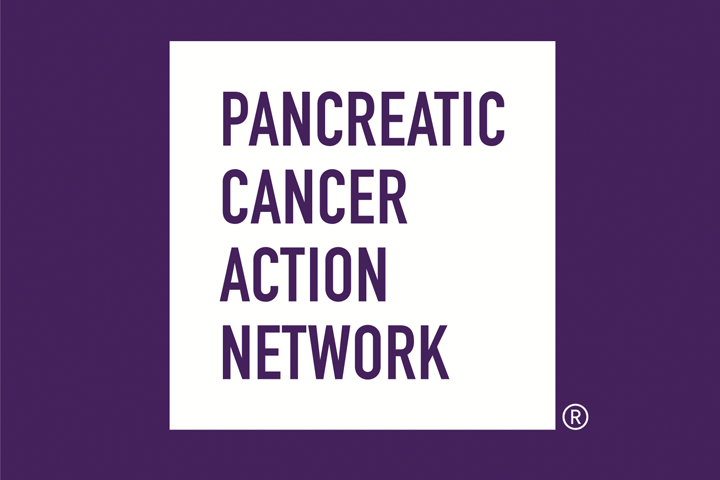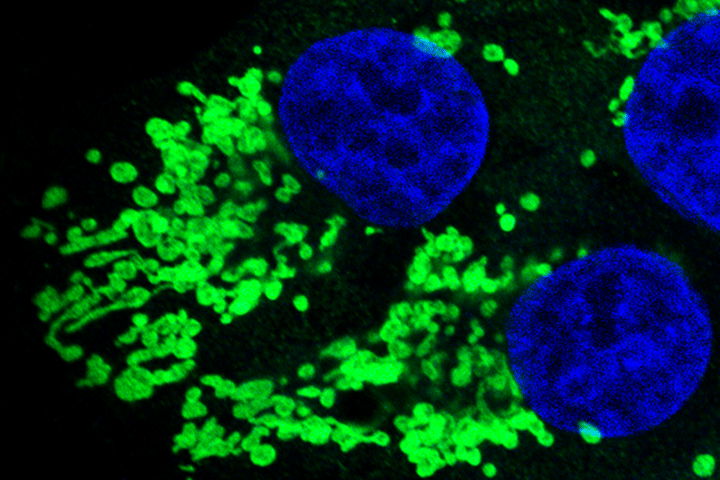PanCAN 2021 Annual Scientific Summit

One of the biggest concerns during the ongoing pandemic was its effect on cancer research.
With labs being shuttered and trials being put on pause, the overarching fear was that scientific progress would come to a screeching halt. However, scientists are managing to get research done despite Covid restrictions. Much of this work was highlighted at PanCAN’s 2021 Annual Scientific Summit.
With more than 130 participants, including PanCAN leadership, researchers, physician–scientists, patient research advocates, and others, the virtual event covered a wide range of PanCAN research activities and the progress being made.
Many of PanCAN’s efforts have been covered by Let’s Win. And there will be plenty more to write about, since what was made clear during this event is the deep commitment among pancreatic cancer experts not only to better understand the basic biology of this disease, but also to find ways to detect it earlier and treat it more effectively.
In that vein, PanCAN provided updates on its adaptive clinical trial called Precision PromiseSM, its overall Early Detection Initiative, and its health data platform called SPARK.
Precision Promise is a phase II/III multisite study focusing on accelerating progress toward new treatment options for patients. Its goal is to streamline the clinical trial process in hopes of bringing effective treatments from the laboratory to clinical practice more quickly and efficiently. The study is open to participants with metastatic pancreatic cancer who have not yet had treatment or whose disease has progressed on first-line treatment.
One of the hallmarks of the trial is its so-called “adaptive” design, which allows for the testing of multiple therapies at the same time and allocates patients to treatment arms based on the probability of success. In other words, the trial adapts to the evolving results. By virtue of the design, far fewer participants will be needed to determine if a drug is working. This will cut the time it takes to conduct a clinical trial by about 50 percent. In a boon for participants, they could potentially receive both first- and second-line treatment within the Precision Promise framework.
PanCAN’s Early Detection Initiative screens patients recently diagnosed with diabetes or high blood glucose for pancreatic cancer. The study is designed as a randomized controlled clinical trial, the so-called gold standard of research. PanCAN is working with the National Cancer Institute (NCI) and a diverse team of researchers, clinicians, statisticians, and diagnostic specialists. The goal is to find out whether imaging at the time of new-onset diabetes leads to earlier detection of pancreatic cancer. Earlier detection of pancreatic cancer can mean longer-term patient survival, potentially even a cure through surgical intervention. Blood samples will be added to a collection maintained by the NCI for analysis of future pancreatic cancer biomarkers.
Research generates sometimes seemingly infinite amounts of data. And, unfortunately, sometimes that data becomes difficult to share among researchers. To ensure that data is quickly available, easily shared, and user-friendly, PanCAN has a new data integration and analytics platform initiative dubbed SPARK. It will integrate data from PanCAN’s ongoing programs and services, including Know Your Tumor®, as well as data subsets from trials such as Precision Promise and the Early Detection Initiative.
Innovative Approaches
Scientific updates were given by numerous experts, all of whom have received funding from PanCAN. Among them were Gregory Beatty, M.D., Ph.D. His research project, which was originally funded in 2017 and has since been extended, is called Multiplex Tissue-based Assays and Analytical Tools for Pancreatic Cancer. In simplest terms, Beatty, who hails from the Perelman School of Medicine at the University of Pennsylvania, is focused on breaking down and better understanding the complex tumor microenvironment of pancreatic cancer. To that end, Beatty and his colleagues are using specialized panels, developed from work in his lab, which measure and analyze various aspects of the microenvironment. The hope is that this research will lead to more robust treatment responses and improved patient outcomes.
Six years ago, Channing Der, Ph.D., was awarded PanCAN’s Research Acceleration Network Grant. With this grant, Der and his colleagues explore combination therapy approaches targeting different parts of the mutant KRAS pathway. KRAS was once considered “undruggable,” but a drug targeting a specific KRAS mutation in lung cancer has been approved. However, this mutation only occurs in a small percentage of pancreatic cancer patients, so Der and his team are looking at other proteins that become activated due to a KRAS mutation. Kirsten Bryant, Ph.D., recipient of a PanCAN Pathway to Leadership Grant and a former member of Der’s lab, found that a drug combination targeting cell autophagy and another targeting a protein activated by KRAS are showing promise in early work.
Other speakers included Gillian Gresham, Ph.D., who focuses her efforts on cancer survivorship and quality of life measures. Her PanCAN–funded project examines patients’ physical function throughout the day, sleep health, and other markers to find potential early indicators of functional decline and to encourage appropriate adjustments to treatment and supportive care strategies.
Moving quickly from the lab to the clinic is one of the goals of translational research. A Translational Research Grants mini-symposium included speaker Susan Bates, M.D., who is investigating novel combination drug approaches that interfere with cell metabolism. One such approach using two drugs that act synergistically is showing promise.
A Virtual Event Celebrating Research and the Pancreatic Cancer Community
PanCAN also put together a special webinar “How You Are Changing the Future with Research.” It features speakers including PanCAN President and CEO Julie Fleshman, J.D., M.B.A., PanCAN Chief Science Officer Lynn Matrisian, Ph.D., M.B.A., and pancreatic cancer researchers Der, Gresham, and Bates. You can view the video here.





